To provide the best experiences, we use technologies like cookies to store and/or access device information. Consenting to these technologies will allow us to process data such as browsing behaviour or unique IDs on this site. Not consenting or withdrawing consent, may adversely affect certain features and functions.
The technical storage or access is strictly necessary for the legitimate purpose of enabling the use of a specific service explicitly requested by the subscriber or user, or for the sole purpose of carrying out the transmission of a communication over an electronic communications network.
The technical storage or access is necessary for the legitimate purpose of storing preferences that are not requested by the subscriber or user.
The technical storage or access that is used exclusively for statistical purposes.
The technical storage or access that is used exclusively for anonymous statistical purposes. Without a subpoena, voluntary compliance on the part of your Internet Service Provider, or additional records from a third party, information stored or retrieved for this purpose alone cannot usually be used to identify you.
The technical storage or access is required to create user profiles to send advertising, or to track the user on a website or across several websites for similar marketing purposes.
 A new study by Zurich UK, claims employers who embrace the flexible working revolution post Covid-19 could boost applications for senior positions from women by 20 percent. The data, which is part of a wider study carried out by the government-backed Behavioural Insights Team, claims that applications from women for management roles surged by a fifth after it promoted its own flexible working hours. (more…)
A new study by Zurich UK, claims employers who embrace the flexible working revolution post Covid-19 could boost applications for senior positions from women by 20 percent. The data, which is part of a wider study carried out by the government-backed Behavioural Insights Team, claims that applications from women for management roles surged by a fifth after it promoted its own flexible working hours. (more…)








 A recent
A recent 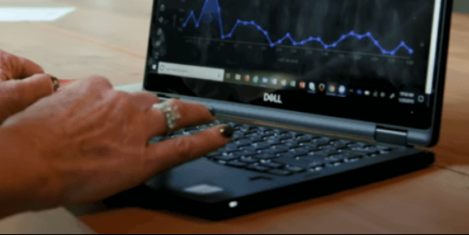
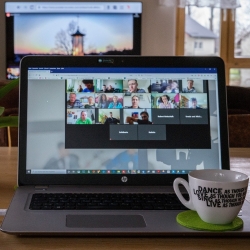 A new survey by
A new survey by 


 Unused office space after coronavirus could cost London-based businesses almost £13 billion according to a new report by
Unused office space after coronavirus could cost London-based businesses almost £13 billion according to a new report by 

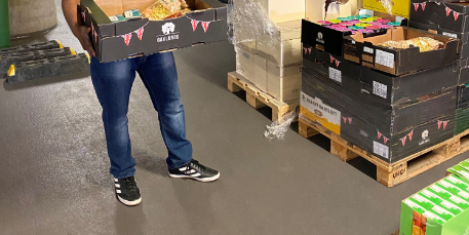
 As COVID-19 has forced businesses to change where and how they work this year, the learning disability charity
As COVID-19 has forced businesses to change where and how they work this year, the learning disability charity 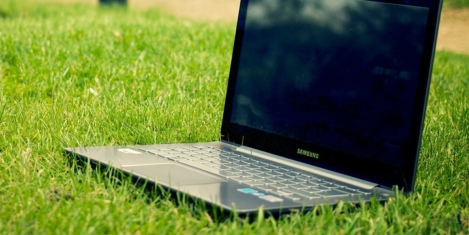
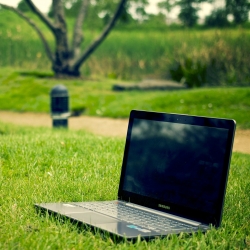 New research conducted on behalf of
New research conducted on behalf of 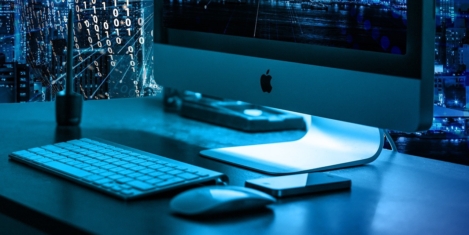
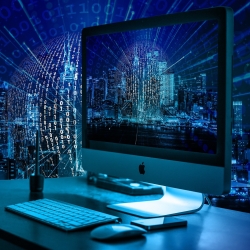 New research from
New research from 

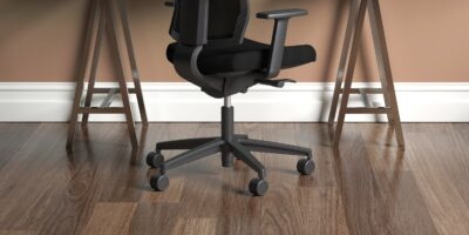
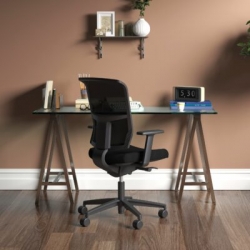









November 19, 2020
Covid-19 is levelling the playing field for disabled workers
by Ruby Gullon • Comment, Flexible working, Wellbeing